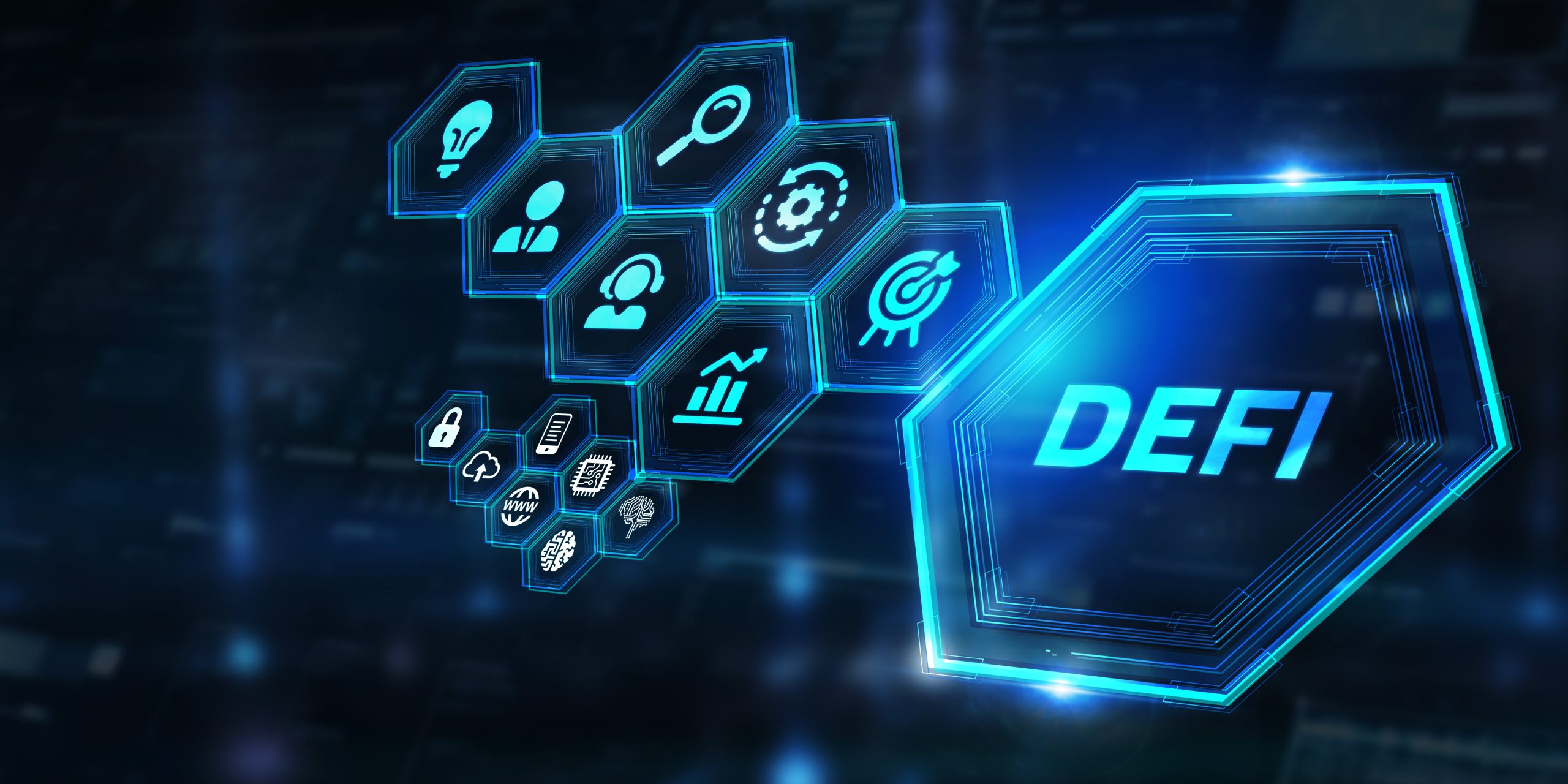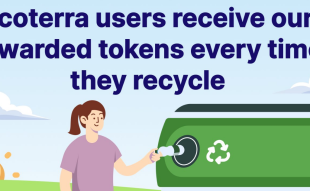Join Our Telegram channel to stay up to date on breaking news coverage
Decentralized finance (DeFi) became more prominent between 2020 and 2021, with more applications and protocols developed in its ecosystem. However, there’s a need for DeFi regulation as more people are diving into the space despite some risks associated with crypto assets.
There have been discussions on European crypto asset regulation with more concentration on DeFi sector in a new development. The French central bank suggested the inclusion of certification and incorporation in DeFi regulation.
Banque de France Suggestions on DeFi Regulations
The Banque de France participated in the discussion of European crypto asset regulation. The authors of the discussion paper are members of the Fintech Innovation Hub at the Banque de France’s Prudential Supervision and Resolution Authority.
According to the discussion documentation paper, the bank suggests that DeFi regulation include certification. This move would help in strengthening blockchain infrastructure security.
Further, the bank considers incorporation a vital tool for seamlessly supervising decentralized autonomous organizations (DAOs). Also, it would control intermediaries that provide DeFi services and ensure they enhance user protection.
According to the paper, DeFi embodies several inclusions and crypto-related implications. These include diverse crypto asset services, protocols and applications technologies, and crypto-related risks. Also, the current regulations still can’t address them adequately.
The discussion is necessary with the current trend of activities within the crypto industry. The DeFi space is witnessing more growth in using tokenization in finance and its adoption in the mainstream. Also, there’s a spike in the use of blockchain technology in several sectors of the economy.
Hence, the paper aims to ensure that DeFi regulation does not imitate the systems in the current traditional finance regulation.
Outlined Risks Associated With Decentralized Finance (DeFi)
- Risk With DeFi Governance: Decentralized governance has a prominent risk that comes through the governance power of the users. Usually, the higher governance power lies with a few users who are holders of larger numbers of some DeFi tokens. Their decisions, in most cases, are unfavorable to the minority holders.
The governance tokens for most DeFi protocols are traded just like other digital assets. This allows prominent crypto whales to amass the tokens and hold most of the governance power. Hence, they could easily twist decisions on the project through their bigger voting power.
- Infrastructural Risk: Regarding infrastructure, several factors could trigger a risk on a DeFi project. There are issues of scalability which is a measure of the ability of a protocol to complete transactions without losing efficiency.
However, increasing congestion from users and transactions will make some platforms less efficient.
This could result in failed transactions, delay updates of some quotes, affects withdraws, or even lead to loss of funds. The overall impact creates a blockchain trilemma, a condition affecting the decentralization, scalability, and security of a DeFi project.
- Risks associated with the application layer: Some DeFi services risks could emanate from smart contract codes. While some could be unintentional flaws, some are fraudulent programs meant to exploit users’ funds.
Suggested Regulatory Framework in The Paper
- Redefinition of Crypto Asset Service Providers: Currently, the European Union’s Markets in Crypto-Asset (MiCA) regulation do not include fully decentralized services in its scope. This means that its regulation does not extend to DeFi intermediaries.
So, MiCA must redefine the crypto asset service providers for such an extended regulation to be possible.
- Stablecoin Regulation: Stablecoins are a vital part of the foundation of the DeFi ecosystem. They serve as settlement tokens for transactions in crypto since they are used as collaterals for crypto loans.
Also, stablecoins are the major point of contact DeFi has with the real world. So, several investors use stablecoins as a hedge for their funds against the volatile nature of crypto assets.
Following the huge loss from the collapse of Terra’s UST algorithmic stablecoin and others, stablecoins regulation is necessary. However, the MiCA regulatory framework excludes services from DeFi intermediaries. The gap should be bridged by ensuring all stablecoins pegged to fiat currencies are electronic money tokens (EMTs) within the MiCA’s definition. Also, there should be regulations for the use of stablecoins in DAOs.
- Enhancing the Security and Resilience of DeFi Developments: The paper suggested the need to strengthen the security and resilience of developments in DeFi. The regulation should depend on some minimum standards for infrastructure on public blockchains. This will help to prevent issues of overly constraining upcoming projects and also reduce network congestion.
Also, financial functions on public blockchains could be completely switched to private blockchains in handling issues related to efficiency and security. This is because the running of private blockchains depends on trusted players with clear identification and approval from the infrastructure’s governance.
- Controlling Vulnerabilities: Through the detailed mechanisms, DeFi projects should be tested by the community of developers and experienced users before final launching to the public. This will help to detect system vulnerabilities and flaws on the project to prevent massive loss of funds through vulnerability attacks.
- Certifying Codes Used in DeFi Applications: The documentation mentioned that codes in smart contracts used in DApps could be certified to ensure that they function as expected.
But it noted that the certification should be through several processes such that the codes don’t create problems regarding underlying principles.
Join Our Telegram channel to stay up to date on breaking news coverage


